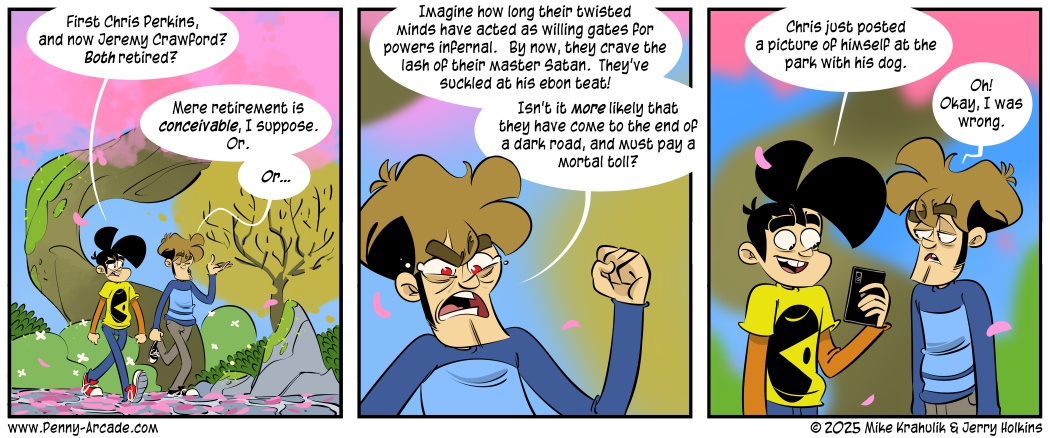Jeremy Crawford is leaving Wizards of the Coast later this month. Screen Rant (via me!) had the exclusive announcement. Crawford was the Game Director for Dungeons & Dragons and was one of the guiding forces for D&D over the past decade. In the past year, Crawford has focused on the core rulebooks and leading the team of rules designers. He has also been a face of Dungeons & Dragons for much of 5th Edition, appearing in many promotional videos and DMing Acquisitions Incorporated Actual Play series.
He joins Chris Perkins in leaving the D&D team in recent weeks. Perkins, who was the Creative Director for D&D, announced his retirement last week. Both Perkins and Crawford appear to have left Wizards on their terms, with Lanzillo very effusive with her praise of both men and their contribution in our interview.
On a personal note, I've enjoyed interviewing Jeremy over the years. He was always gracious with his time and answers and is one of the most eloquent people I've ever heard talk about D&D. I'll miss both him and Chris Perkins and look forward to their next steps, wherever that might be.




